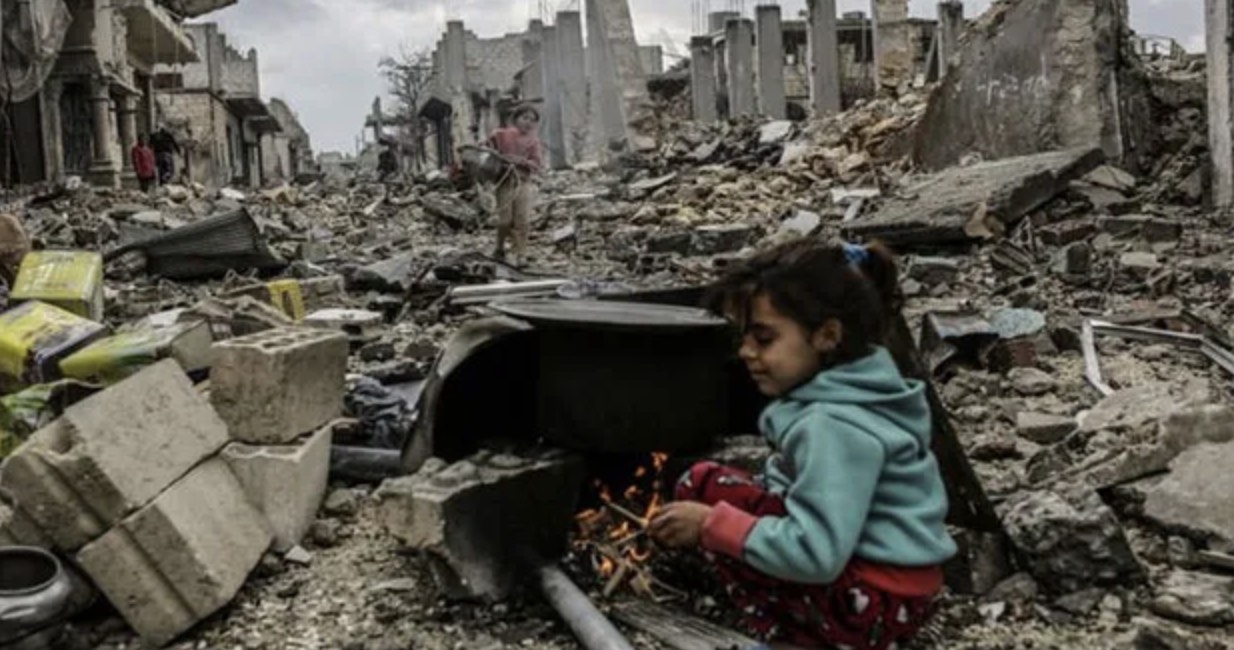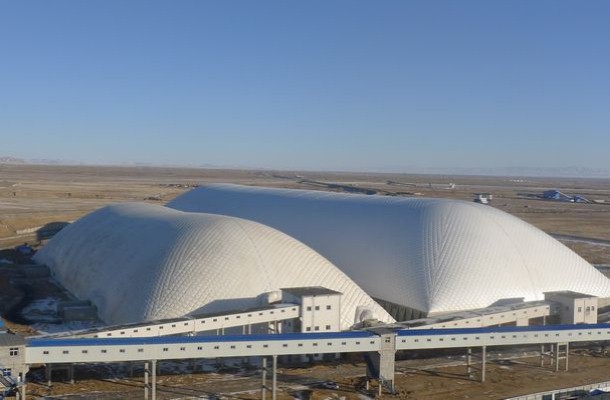News
Site Editor
 Site
/uploads/image/677267645dfcf.png
Safe zones and Air Domes offer immediate relief, but they are not the end of the journey. They are waypoints on the road to a lasting resolution, a stepping stone towards peace negotiations and a political settlement that can bring an end to the conflict.
Site
/uploads/image/677267645dfcf.png
Safe zones and Air Domes offer immediate relief, but they are not the end of the journey. They are waypoints on the road to a lasting resolution, a stepping stone towards peace negotiations and a political settlement that can bring an end to the conflict.
Safe Havens Amidst the Storm: The Role of Air Domes in Protecting Refugees
Views: 2096
Author: Site Editor
Publish Time: 2024-05-23
Origin: Site
In the heart of conflict zones, where the echoes of violence reverberate through the streets, the plight of refugees is a stark reminder of humanity's most pressing challenges. The urgency to establish safe zones for these vulnerable populations is paramount, and the concept of an "Air Dome" emerges as a beacon of hope amidst the turmoil.
The Call for Safe Zones
In regions like the Gaza Strip, where the specter of war looms large, the establishment of safe zones is not just a humanitarian necessity; it is a moral imperative. These zones serve as sanctuaries, offering protection from the relentless barrage of conflict and providing a temporary respite for those displaced by war.
The process of creating a safe zone begins with a comprehensive assessment of the area, identifying locations that are least likely to be targeted by hostilities. International cooperation is the cornerstone of this endeavor, requiring the collective efforts of the United Nations, the International Committee of the Red Cross, and various governmental and non-governmental organizations.
Humanitarian Aid: A Lifeline
Once a location is secured, the influx of humanitarian aid becomes crucial. This includes the provision of food, water, medical assistance, and temporary shelter. The aid must be delivered in a manner that is both efficient and respectful of the dignity and autonomy of the refugees.
The primary purpose of a safe zone is to protect civilians. It must be a place where the laws of war are upheld, and military operations are strictly prohibited. This is essential to prevent the zone from becoming a target itself and to maintain the trust of the refugee population.

Establishing a safe zone within the framework of international law is vital. It ensures that the actions taken are not only ethical but also legally sound. This adherence to legal standards is crucial in maintaining the credibility and effectiveness of the safe zone.
Continuous Monitoring and Support
The establishment of a safe zone is not a one-time event but a continuous process. It requires constant monitoring to ensure the safety of its inhabitants and the provision of ongoing support to meet their evolving needs.
In the midst of this humanitarian strategy, the concept of an "Air Dome" takes on significant importance. An Air Dome, in this context, refers to a protective system designed to safeguard the safe zone from aerial threats. It is a metaphorical shield that aims to create a physical and psychological barrier against the dangers that lurk above.
The Air Dome symbolizes the advanced technological and strategic efforts to neutralize threats from the air, ensuring that the safe zone remains a place of relative safety. It is a testament to the commitment of the international community to use all means necessary to protect the vulnerable.
The Human Cost of Conflict
The numbers are staggering: tens of thousands of displaced individuals, countless lives lost, and a generation scarred by the trauma of war. In the face of such devastation, the establishment of safe zones and the implementation of an Air Dome are not just measures of last resort; they are the lifelines that keep hope alive.
Beyond the physical safety provided by the Air Dome and the safe zones, there is a profound need for psychological support. The trauma of war leaves deep emotional scars, and it is imperative to provide refugees with access to mental health services and trauma counseling.
Safe zones and Air Domes offer immediate relief, but they are not the end of the journey. They are waypoints on the road to a lasting resolution, a stepping stone towards peace negotiations and a political settlement that can bring an end to the conflict.
The International Community's Role
The establishment of safe zones and the deployment of Air Domes require international consensus and support. It is a collective responsibility that transcends borders and political affiliations. The international community must stand united in the face of humanitarian crises, providing not just resources but also the political will to protect those who are most vulnerable.
The concept of Air Domes represents a significant advancement in our approach to ensuring safety in conflict zones. These structures are not merely tactical measures; they symbolize our collective humanity's response to the chaos of war. Air Domes are tangible manifestations of our commitment to peace, our dedication to protecting the innocent, and our unwavering pursuit of a world where every individual can live free from the fear of violence.

The rapid construction of Air Domes offers a swift and effective shelter solution for refugees affected by conflict or disaster. These structures can be quickly Inflated to provide immediate protection from the elements, offering a warm and secure environment for those in need. The ability to quickly deploy Air Domes ensures that vulnerable populations receive timely support, creating a safe haven amidst the turmoil.
The true measure of our success will not be the number of safe zones established or the efficacy of the Air Domes. It will be the day when these measures are no longer necessary, when the sounds of conflict are replaced by the laughter of children, and when the world can look back on these efforts as a testament to our shared triumph over adversity.
As we stand on the precipice of history, let us not be remembered for the wars we fought, but for the peace we built. Let the safe zones and Air Domes be our legacy—a legacy of safety, of hope, and of a future where every refugee can find a home.
To learn more about Air Domes and how they can protect vulnerable populations, please visit Broadwell Dome. Here, you can find detailed information about this innovative technology and how it provides safety and hope in real-world applications.









